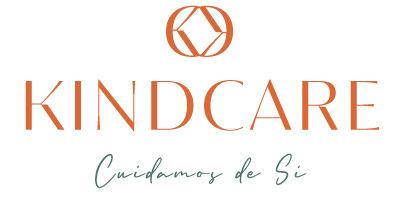Caring for the elderly requires a multidimensional approach, where the family support network plays a crucial role. The family is often the first line of support, providing both emotional and practical assistance. This involvement significantly contributes to the elderly person’s well-being, offering them security and comfort. Additionally, an effective support network helps distribute responsibilities, reducing the pressure on primary caregivers.
Emotional and Social Support
The presence of family in the daily life of the elderly is fundamental to their emotional health. Aging can be accompanied by feelings of isolation, loneliness, and sometimes depression. Regular contact with family members helps maintain important social ties, offering a sense of belonging and value. The emotional support provided by the family is essential in mitigating the impact of mental health issues, fostering a positive and stimulating environment.
Distribution of Responsibilities
Caring for an elderly person can be physically and emotionally demanding. The active participation of various family members allows for a balanced distribution of responsibilities, alleviating the burden on the primary caregiver. This includes managing tasks such as accompanying medical appointments, shopping, or simply ensuring that the elderly person has regular company. A shared support system ensures that care is more effective and less exhausting for everyone involved.
Monitoring and Decision-Making
Families play an important role in monitoring the health and well-being of elderly individuals. Through regular visits and interactions, family members can identify early signs of health issues or needs that require attention. Furthermore, the family network can be instrumental in decision-making during critical moments, ensuring that the elderly person receives appropriate care, whether at home or through professional services.
Practical Support in Daily Life
Practical support is another fundamental aspect of family care. This can include household tasks, medication management, transportation to appointments, or assistance with meals. Family involvement in the daily life of the elderly person helps them maintain their autonomy for longer while ensuring their safety and comfort.
Conclusion
The role of family support networks in elder care goes beyond mere physical assistance. It involves emotional, social, and practical commitment, which is essential for providing quality of life and well-being. A united and engaged family can make a significant difference in the lives of the elderly, ensuring they receive the necessary support to age with dignity and comfort.
For those looking to complement family support with specialized services, KindCare’s Comprehensive Support Service offers personalized plans that ensure professional and continuous assistance for the elderly, promoting their well-being.
